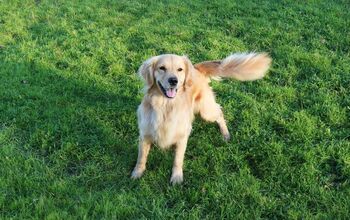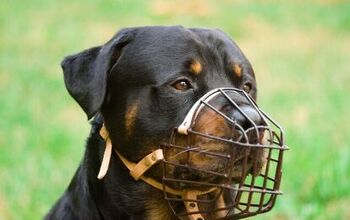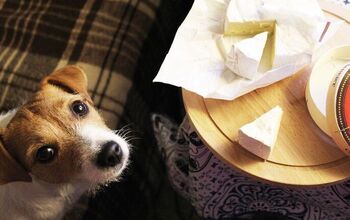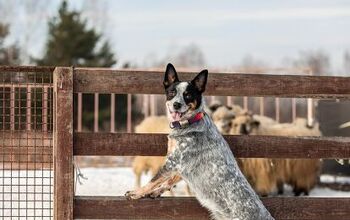Ban The Breed Ban: New Research Says They’re Useless

The gloves are off, the gauntlet has been thrown and the proverbial pistols have been drawn. Yes, it seems the gentle folk of Norway are ready to wage battle against one another regarding, well, what makes for an aggressive dog.
The butting of heads first began with a decision by Norwegian authorities to ban ownership of six dog breeds deemed dangerous: Pitbulls, American Staffordshire Terriers, Fila Brasileros, Tosa Inu, Dogo Argentinio and Czechoslovakian Wolfhounds. While the cases of humans being killed by a dog were rare (and involved none of the aforementioned breeds) the decision was still passed.
Related: Are Pitbulls Dangerous: Sorting Out The Facts From Myths
But this arbitrary broad-brushing of an entire breed has drawn the wrath of The Norwegian University of Science and Technology (NTNU) who challenge the concept of any one breed of dog being more dangerous than another. Their case centers on the concept that nurture plays a much bigger role in canine behaviors than nature and according to Ane Møller Gabrielsen who received her doctorate from NTNU: “Dog behavior is more the result of treatment and training than breeding”.
Gabrielsen’s opposition to the ban and belief that training should be the deciding factor on whether a breed is safe, has the support of the Norwegian Kennel Club as well as other special interest groups and dog owners.
Related: Certain Breeds Get The Boot From Luxe Co-Op, Owners Cry ‘Dog Racism’
But it doesn’t end there. Apparently the debate surrounding the best method of training has now come under scrutiny with the two opposing camps (Reward versus Punishment) at odds over which is the right approach. Gabrielsen’s dissertation notes the aggressive manner in which each side defends their style of teaching (so dogs aren’t the only posturing alphas in Norway!) and personally challenges the need for physical punishment. Instead, she cites the tried and true Reward approach which stems from the research of behavioural psychologists B. F. Skinner and Ivan Pavlov – a name that comes to mind each time my dog drools over a treat!
The upside is that she does see the tide shifting away from the more corporal method of teaching – which she feels may be rooted in biology: a wolf pack follows a strong, unambiguous leader; hence some owners decide they need to be aggressive. It’s also likely that it’s a carryover from a more traditional approach used in Germany and military discipline where dogs were trained for a different role than that of family pet. These days however, Norwegians want a loving, happy family member more than they do hunting or guard dog.
But let’s get back to the banning of specific breeds. At the end of the day, Gabrielsen feels the goal of both approaches is to end up with a dog that you can trust – regardless of breed. And this is a fight she is determined to win.
[Source: ScienceDaily]

Sharing space with three seriously judgy Schnoodles and a feline who prefers to be left alone. #LivingMyBestLife
More by Mary Simpson























